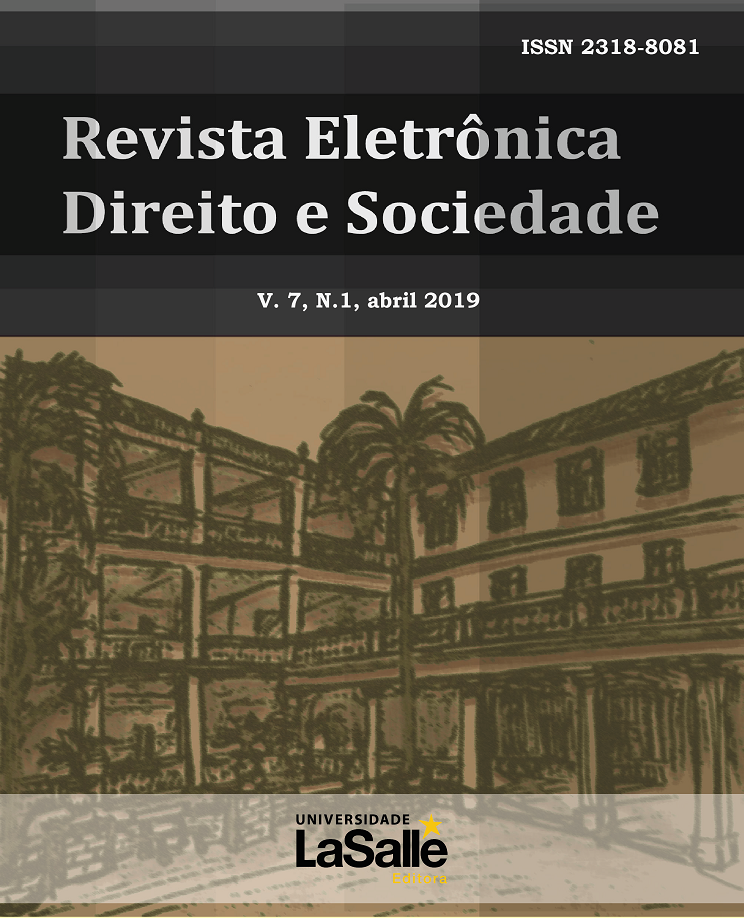Pragmatic democracy vis to vis substantial democracy: a dialogue between Richard Posner and Ronald Dworkin
DOI:
https://doi.org/10.18316/redes.v7i1.5162Keywords:
Democracy, Pragmatism, Method, Human Dignity, Individual Rights.Abstract
The article, through a bibliographical research of qualitative approach, proposes to analyze dissonant conceptions of democracy. On the one hand, the pragmatic institutional arrangement, which builds a model of democracy based on the conceptualization proposed by Joseph Schumpeter, according to which democracy is a method for making political decisions. Incorporating traces of this model, Richard Posner converges to a political notion with no intrinsic value, being only a device for the choice of rulers. On the other hand, a democratic and substantial structure, which proposes to protect individual rights, guarantee freedom, equality and dignity. In this substantial model, an authentic debate and a co-participatory conception are indispensable to the notion of democracy. Against this counterpoint, it is questioned: witch the democracy model more viable to realization of rights and dignity? To answer this problematic, this research proposes to investigate how minority rights may be embedded in the majority logic and to examine the reason for which the elitist struct is not enough to comprehend the complexity of democratic life. This is an important study, considering that democracy is a political regime widely used in the world, however has recently been put in check in certain countries, especially when, under the mantle of majority will, minority rights are reduced. In this scenario, the difficulty of pragmatic democracy is in the absence of value aspects, in a way not to consider equally all the individuals included in the democratic pact. Thus, it is concluded that the most viable model is one that is not limited to majoritarian procedures.Downloads
Published
Issue
Section
License
Authors who submit their manuscripts for publication in the “REDES” Magazine agree to the following terms:
The authors claim to be aware that they retain copyright by giving “REDES” the right to publish.
The authors declare to be aware that the work submitted will be licensed under the Creative Commons Non-Commercial Attribution License which allows article sharing with acknowledgment of authorship and publication in this journal.
The authors declare to be aware that by virtue of the articles published in this journal have free public access.
The authors declare, under the penalty of the law, that the text is unpublished and original and that they are aware that plagiarism has been identified, plagiarized authors will be informed - willingly, to take legal action in the civil and criminal sphere - and, plagiarists will have their access to the magazine blocked.
The authors state that - in case of co-authoring - all contributed significantly to the research.
Authors are obliged to provide retractions and (or) corrections of errors in case of detection.
The authors are obliged not to publish the text submitted to “REDES” in another electronic journal (or not).
The Electronic Journal Law and Society - REDES - is licensed under a Creative Commons License. Attribution-NonCommercial 4.0 International.Based on work available at "http://revistas.unilasalle.edu.br/index.php/redes/about/submissions#copyrightNotice".
Permissions in addition to those granted under this license may be available at http://creativecommons.org/.

